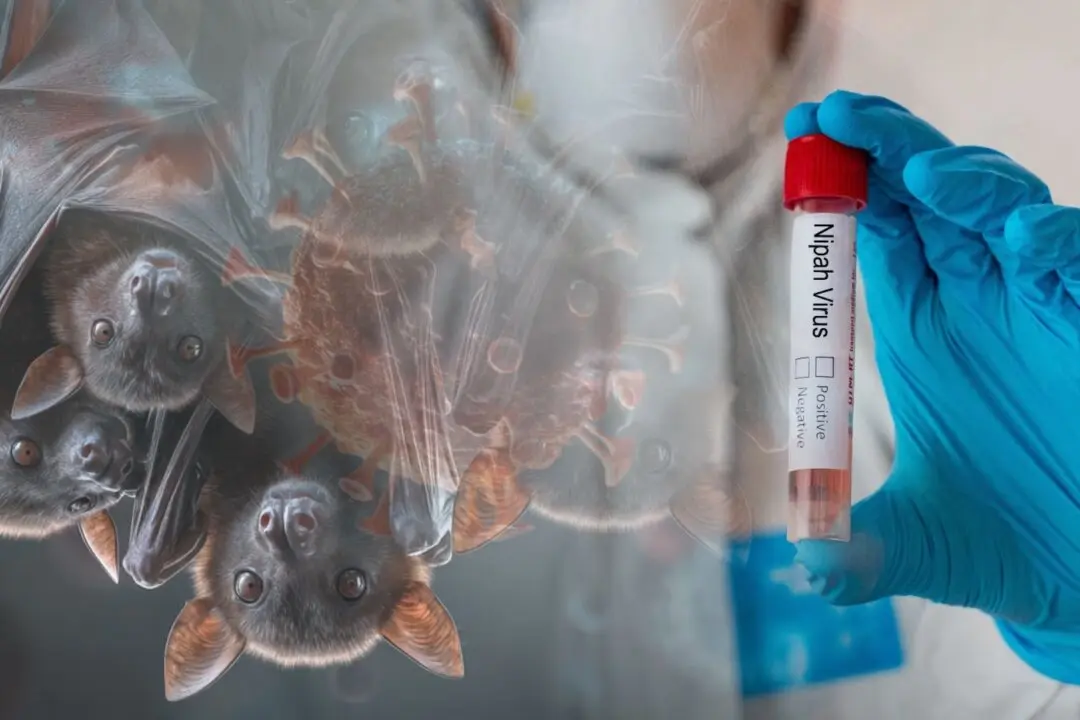Commentary
On Sept. 20, our representatives meeting at the United Nations will sign off on a declaration titled “Political Declaration of the United Nations General Assembly High-level Meeting on Pandemic Prevention, Preparedness and Response.” (pdf)





